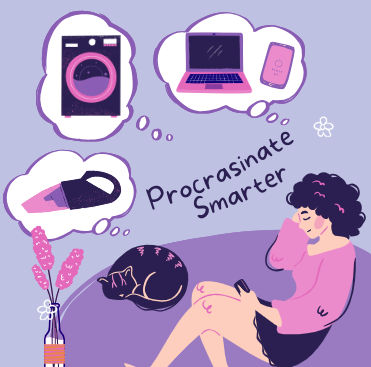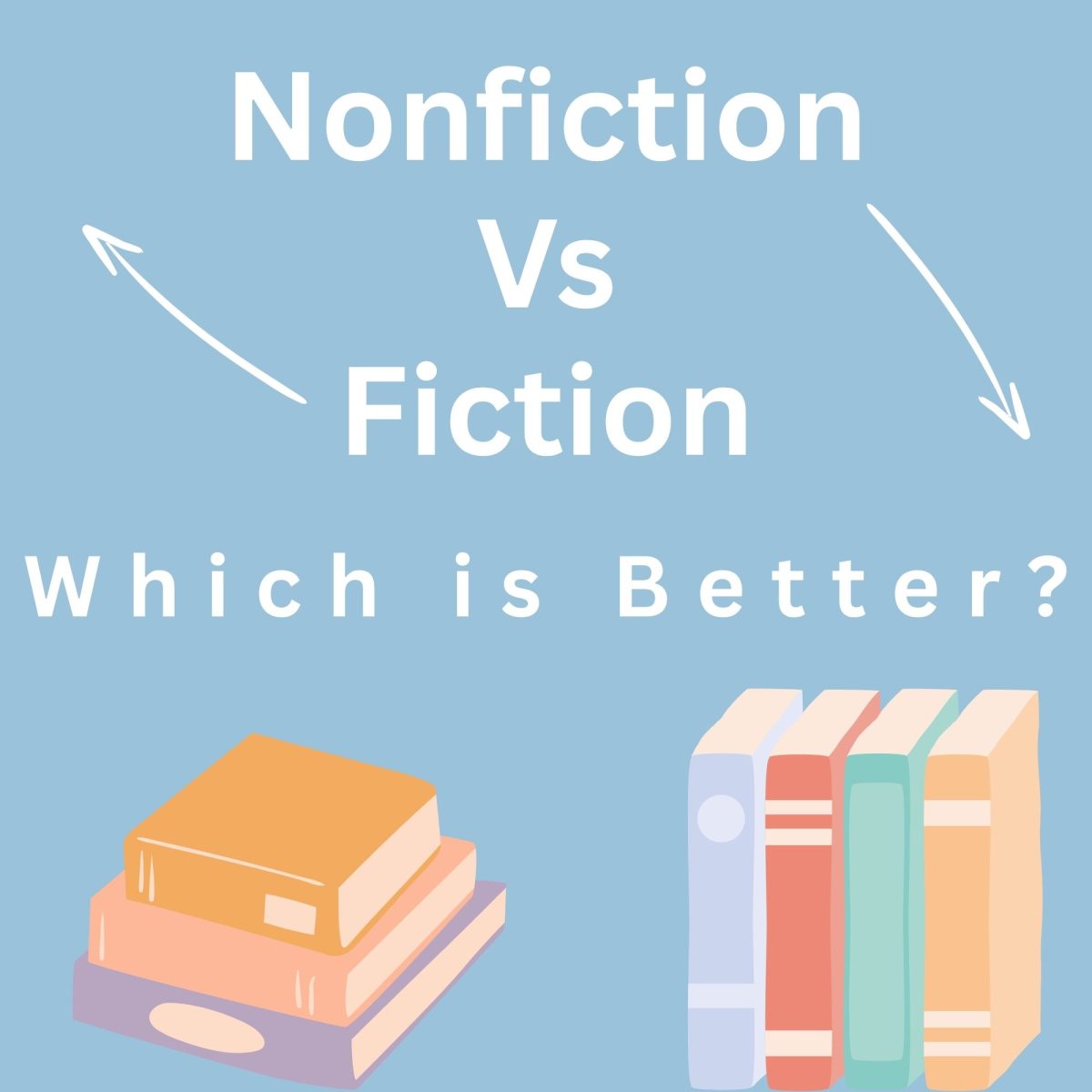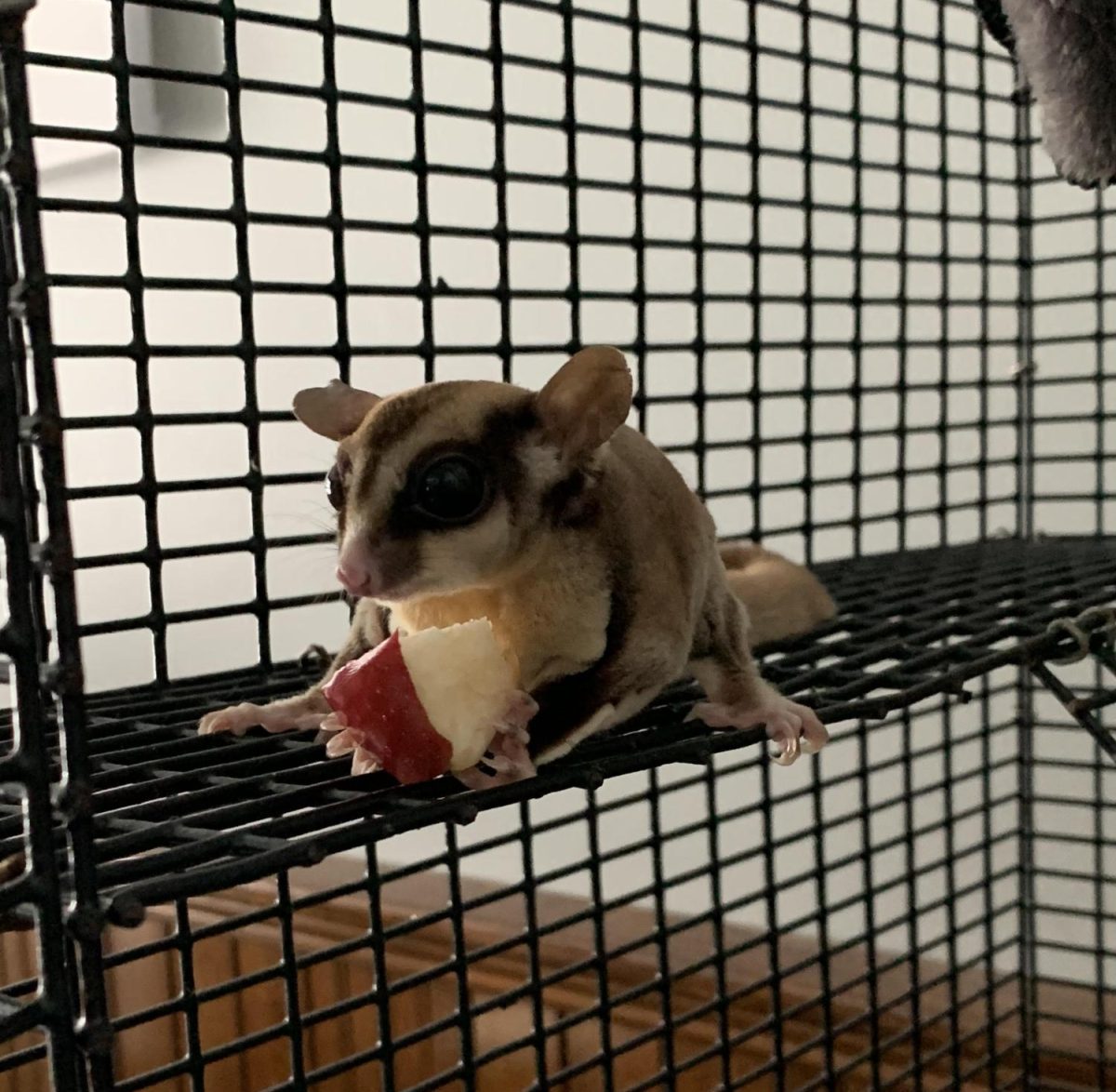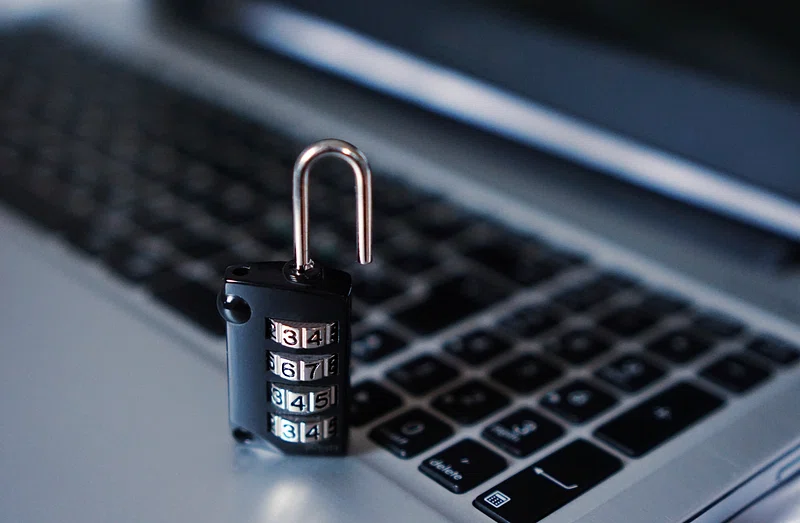Have you ever put off an important task to do something almost next to useless? Organizing your closet by color, sweeping, or maybe even spending the time you could use for your important tasks on your phone.
There is only one word for this: procrastination. Procrastination is one of the most inefficient things we as humans can do. But, there are small things we can do to become better procrastinators.
Firstly, what is procrastination? When you hear this term, it does not have a positive association. But, procrastination occurs when people delay an action. Procrastination has more harmful effects than good. It can create missed deadlines and other harmful consequences. Here are some tips that can help you lessen your procrastination.
Start a task in a good mood – Procrastination has been scientifically related to being in a bad mood. Boredom, anxiety, insecurity, frustration, resentment, and self-doubt are all common moods that are linked to this bad habit.
Changing your environment – This can be as simple as switching from your bed to a table. Physically removing yourself and working in a different environment has been linked to eliminating procrastination.
Don’t linger on unnecessary questions – Do I call back or just text reply? Jeans or sweatpants? Cookie or a cupcake? Make those decisions now and don’t wait. By reducing your stress on questions that don’t have much impact you will be able to focus more on the task at hand.
Break up tasks into smaller parts – Your task at hand may seem like too much to handle. Instead of pushing it off, break it into small pieces to complete. Spend shorter amounts of time doing it which can make the task seem less overwhelming.
It takes more energy to avoid a task than to complete it. When you are lying in bed wondering if you should do the dishes now or later. Complete the dishes immediately! The chances of you doing those dishes slim down the more you avoid it.
Mental stress can occur when our thoughts and actions fail to align. If the tasks we have to complete do not align with our expectations for
ourselves the mental discomfort leads to physiological distress which affects you in more ways than being stressed. Physiological distress leads to: headaches, aches & pains, fatigue, and anxiety. Bigger things this may lead to include: heart disease, immune system suppression, and obesity.
Procrastination can majorly affect the human body, it is important to know how to procrastinate smarter.

















guliana • Nov 1, 2024 at 11:07 am
very inspiring